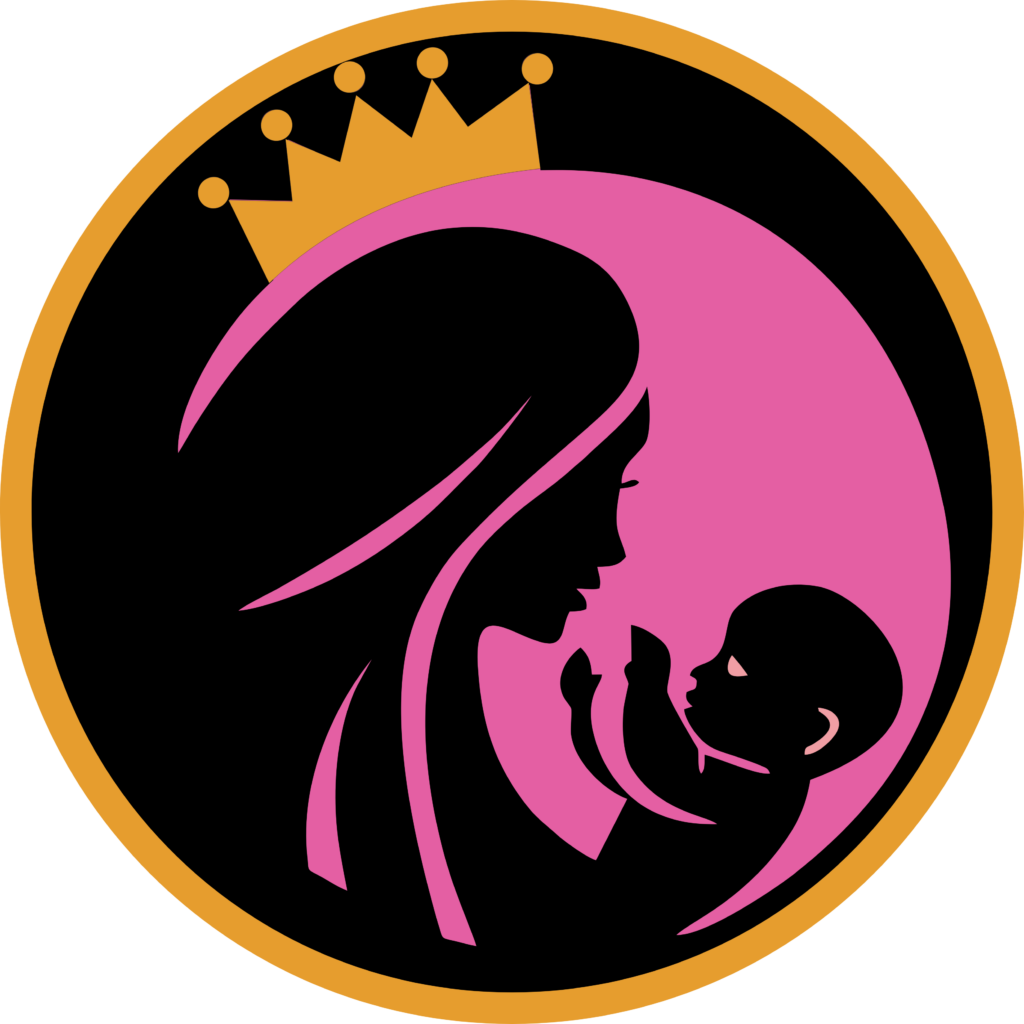Introduction
Thyroid hormone and fertility are closely connected. The thyroid is a small gland in your neck. It makes hormones that help control many body functions. Fertility means your ability to have children. When thyroid hormone levels are not balanced, it can affect your chances of getting pregnant. In fact, many people do not realize how much thyroid health matters for fertility. Understanding this link can help you take better care of your health and plan for a family.
What Are Thyroid Hormones?
Thyroid hormones are chemicals made by the thyroid gland. These hormones help control your body’s energy, growth, and metabolism. The two main thyroid hormones are called T3 and T4. Your body needs the right amount of these hormones to work well. If you have too much or too little, it can cause health problems. For example, your heart rate, weight, and mood can all change if thyroid hormones are not balanced.
How Do Thyroid Hormones Affect Fertility?
Thyroid hormone and fertility are linked in many ways. For women, thyroid hormones help control the menstrual cycle. If your thyroid is not working well, your periods may become irregular. This can make it harder to get pregnant. For men, thyroid problems can lower sperm count and quality. Because of this, both men and women need healthy thyroid levels for good fertility. According to the World Health Organization (WHO), thyroid disorders are a common cause of fertility issues worldwide.
Common Symptoms of Thyroid Imbalance Related to Fertility
Sometimes, thyroid problems are hard to notice. However, there are some signs to watch for. If you have any of these symptoms, it may be time to talk to your doctor:
Because these symptoms can have many causes, it is important to get checked by a healthcare provider.
Diagnosis: How Thyroid Issues Are Detected in Fertility Cases
Doctors use simple blood tests to check thyroid hormone levels. These tests measure TSH (thyroid-stimulating hormone), T3, and T4. If the levels are too high or too low, it may show a thyroid problem. In fertility cases, doctors often check thyroid function early. Sometimes, they may also use ultrasound to look at the thyroid gland. Early diagnosis can help you get the right treatment and improve your chances of having a baby.
Treatment Options and Lifestyle Guidance
Treating thyroid hormone problems can help restore fertility. Treatment depends on whether you have too much (hyperthyroidism) or too little (hypothyroidism) hormone. Common treatments include:
Besides medicine, healthy habits can support thyroid health. For example, eating a balanced diet, getting enough sleep, and managing stress all help. Avoiding smoking and limiting alcohol can also make a difference. Always follow your doctor’s advice for the best results.
Prevention and When to Seek Medical Advice
While not all thyroid problems can be prevented, you can lower your risk. Eating foods rich in iodine, such as dairy and seafood, helps your thyroid work well. Regular check-ups can catch problems early. If you notice changes in your periods, mood, or energy, talk to your doctor. Early treatment can protect your fertility and overall health. Remember, both men and women should check their thyroid health if they have trouble having children.
Conclusion
In summary, thyroid hormone and fertility are closely linked. Keeping your thyroid healthy can help you plan for a family. If you have symptoms or concerns, do not wait. Consult a healthcare specialist for personalized advice on thyroid health and fertility.

